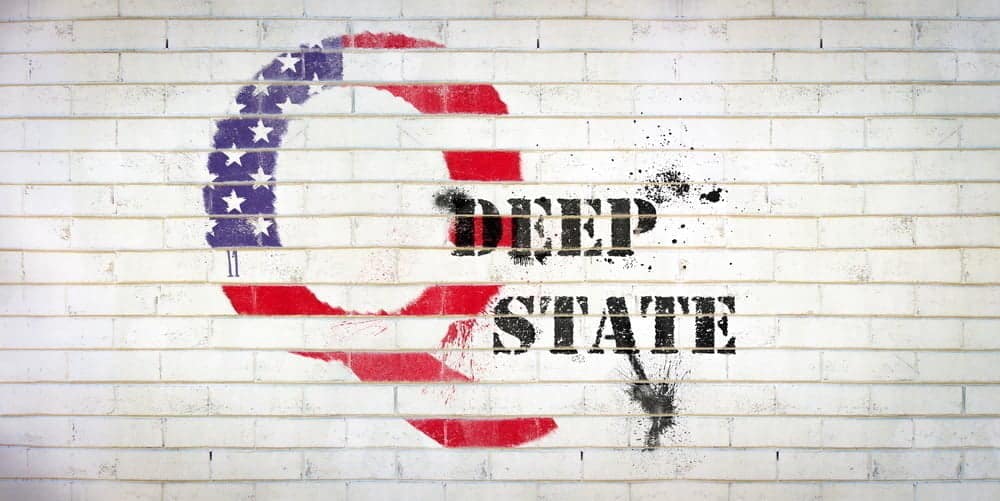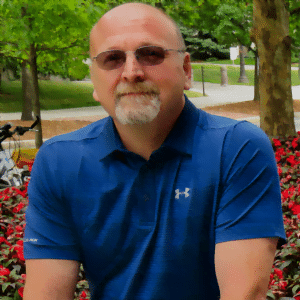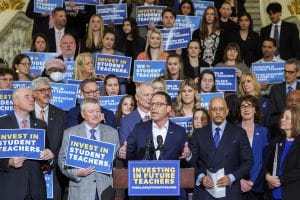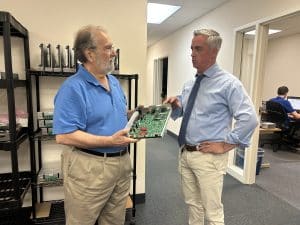It is an important moment when rampant conspiracy belief in the United States becomes a cautionary tale for the world.
But that was exactly what happened in June when the United Nations Educational, Scientific and Cultural Organization (UNESCO) and the European Jewish Congress met to discuss the link between conspiracies, radicalism, and violence. Although the official press release referred to massacres in Utoya, Norway (2011) and Christchurch, New Zealand (2019), it was clear that the core problem exists in the United States, where conspiracy-fueled mass shootings occur with numbing regularity.
UNESCO offers an important solution: “Education can play a central role in building the resilience, knowledge and analytical skills needed to ‘pre-bunk’ and debunk conspiracy theory narratives, including through media and information literacy.”
It is a point well taken for people who are deeply concerned with the connection between radical belief and violence.
And Bucks County is no exception, particularly when it comes to education.
The county has been at the center of controversies regarding a recent July 2022 book ban in Central Bucks School District. The ban, however, is only the tip of the proverbial iceberg. At a November 2021 school board meeting, the New York Times recorded: “Parents and other residents took turns standing before the board, speaking about Zionism, Maoism, slavery, freedom, the Holocaust, critical race theory, the illegality of mask requirements, supposed Jewish ties to organized crime and the viral falsehood that transgender students were raping people in bathrooms.”
Regular school board meetings saw more confrontations. School officials and board members began receiving death threats. The Central Bucks School district was in the spotlight when in the run-up to an August 2021 special meeting on masking policy it was reported a group with alleged ties to the right-wing Three Percent militia might attend.
Police are now a regular feature at Bucks County school board gatherings.
A number of Republican candidates joined the contest for the Central Bucks School Board. Some, like Jim Pepper, took a more measured approach, at least publicly, promising “a strong voice for children, parents and taxpayers.” A few were outspoken and conspiracy-minded attendees of previous meetings who took their criticism to social media. One of these was Debra Cannon, who declared during one May 2021 public meeting, “demonic adults are recruiting, brainwashing, and participating in unconscionable behaviors with our children, and every one of you know it.”
Both Pepper and Cannon were elected in November and joined the Central Bucks School Board as part of a new 6-3 Republican majority.
Bucks County illustrates UNESCO’s main point with an important twist. Education is not just critical for students and responsible citizens, but also for some of the people and institutions actually responsible for education itself.
The stakes involved seem obvious, but also begs an equally obvious question: What can education actually do?
UNESCO approaches the question in practical terms. In its 2022 report, “Addressing Conspiracy Theories: What Teachers Need to Know,” one of its first recommendations is to: “Check your own beliefs and biases.” Self-awareness is a key starting point. As part of a “pre-bunking” set of good practices, UNESCO encourages teachers to recognize that real conspiracies exist, but are always subject to ”rational thinking, questioning, and fact checking.”
All of this is well and good. It follows a reasonable and practical approach. Teachers need to be self-aware, listen to their students, and let logic guide their actions
What could go wrong?
A few things, frankly, and all that follows comes from my 27 years in the classroom.
To be very honest, sometimes the problem is us. Teachers are not always good listeners. Many of my fellow college faculty are caught up in the temptation of the captive audience. There are points where circumstances dictate our ability to converse –having 120 students in an auditorium style class at eight in the morning is one example—but it is always important to remind ourselves that we can learn from the kids in our classrooms as they try to learn from us. That quality is one of the main reasons I still love my profession.
The problem can also be the conspiracy believers. In my book on modern American conspiracies, I talked about some limits to educating our way out of this problem. Not every belief will retreat after being confronted with a well-reasoned argument built around rock solid, corroborated evidence.
In “Suspicious Minds: Why We Believe Conspiracy Theories,” Rob Brotherton points out that skepticism is part of a normal survival instinct, hardwired into our brains for millennia. It is not uncommon for people to fill gaps in knowledge with what they consider to be intuition. That could be true, but that process might also be a product of speculation, prejudice, or confirmation bias. A formal education process, no matter how deliberate, sometimes cannot overcome such tendencies.
How can education best address these limits?
I recommend two approaches that apply to both the classroom and or normal discussion for that matter.
One involves patience. A good dialogue involves multiple layers that allow both sides enough time to offer their perspectives and respond accordingly. When I was faculty at a Catholic college years ago, a Bernardine sister explained teaching a process that encouraged contemplation. I have kept that word in my classroom ever since.
Humor can also be a very useful tool. Some of the best teachers that I can remember from my high school days were the ones who could make me laugh just enough to learn something. Jon Stewart was a master of this format on the Daily Show. Jon Oliver continues the tradition on Last Week Tonight, practicing what one writer described as “investigative comedy.” Dozens of podcasts follow the same formula. For the last six years, two former stand-up comedians have followed the rise and fall of Alex Jones on their podcast Knowledge Fight.
Teachers occupy an incredibly important place in the country today. A quick glance at the news makes that point obvious daily.
So, for my friends and colleagues now returning to work, I’ll adapt a popular meme:
Keep calm. And teach.







